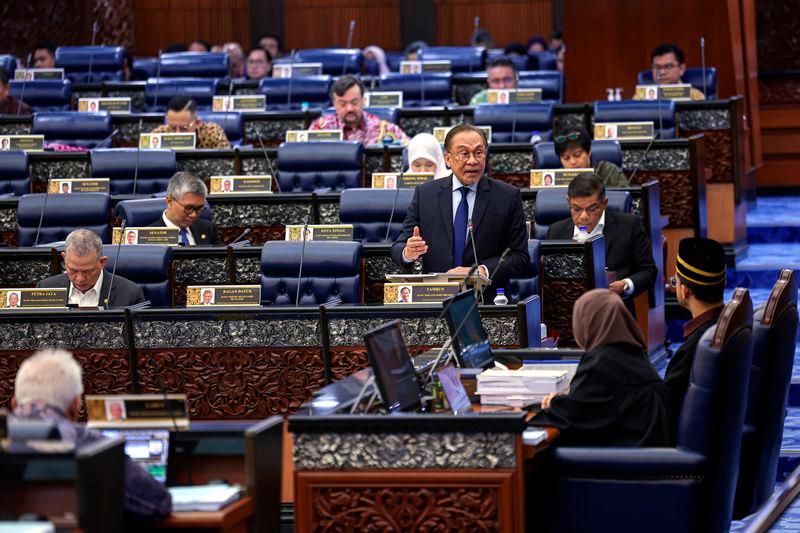
All residents of Qatar are considered equal according to the country’s constitution, a government minister has said in defense of the nation’s labor policies, according to QNA.
Speaking to the International Labour Organization’s (ILO) governing body this week, Issa bin Saad Al-Jafali Al-Nuaimi – Qatar’s new minister of administrative development, labor and social affairs – said foreign workers are an important part of the fabric of Qatari society.
Al-Nuaimi’s speech comes amid an ILO investigation into complaints that the country’s sponsorship system facilitates “forced labor” by making it difficult for expats to leave abusive employers.
If the UN agency found there was merit to those accusations, it could have subjected Qatar to a commission of inquiry, the ILO’s highest investigative mechanism.
https://www.instagram.com/p/BDTnyl6N-OS/?taken-by=qnaphoto&hl=en
An ILO delegation visited Qatar earlier this month and left with mixed impressions about the living and working conditions of low-income expats in the country, as well as the impact of government efforts to address problems, according to an ILO report.
In a meeting earlier this week, the ILO’s governing body adopted the delegation’s recommendation to wait a year to decide on whether to sanction Qatar.
This would be to assess the impact of new changes to the kafala sponsorship system that take effect in December, which would theoretically make it easier for expats to leave the country and change jobs.
Equal rights?
Speaking at the same session, Al-Nuaimi said all residents of Qatar are equal under the law and that expats are protected against discrimination under the country’s constitution and legislation.
However, expats and Qataris are subject to different rules in some areas of the law.
For example, unlike most nationals, expats living in Qatar require permission to leave the country and change jobs. They also require their sponsor’s permission to open a bank account, take out a loan and obtain a driver’s license.

While Qatar’s legal system often rules in favor of expats who’ve filed labor complaints, the issues can take months to resolve, discouraging some low-income workers from pursuing their case, an American researcher wrote in a December 2014 report.
If an expat’s dispute is with their employer, a lawsuit or criminal complaint often means a sponsor will stop paying the complainant, kick them out of company-provided accommodations and fail to renew their residence permit.
Additionally, most blue-collar workers typically live outside central Doha and lack access to private transportation, making it difficult to attend some hearings.
Progress made
The ILO delegation heard from the Ministry of Administrative Development, Labor and Social Affairs that the government has taken steps to make the justice system more accessible.
These include setting up a multilingual office within the courts to help expats with their cases.

Additionally, the ministry pointed to the service centers and electronic kiosks located outside central Doha that now accept grievances in 11 languages.
However, the ILO delegation said it spoke to several workers during their visit to Qatar who said they were not aware of the electronic kiosks. Meanwhile, those who had heard of the equipment said they lacked the resources to travel to them to file a complaint.
The ILO said it also met expats who faced retaliation after reporting issues, including one woman who was sent to the deportation center after her employer filed a criminal complaint against her.
Others said their court hearings were continuously delayed because their employer refused to attend the proceedings:
“These workers are awaiting for a decision for several months for their salaries to be paid to them and for their passports to be returned so that they could return home, relying on their community solidarity as they are left with no income. The fact that some workers had no ID cards also meant that they had no access to free health care,” the report said.
The ILO delegation said it was told that 8,379 complaints landed in labor courts last year, up from 6,878 in 2014. Of those, 3,778 were withdrawn following mediation in 2015, an increase from the 2,595 the previous year.
However, the number of judgments issued by the labor court decreased from 2,116 in 2014 to 2,012 last year. The ILO report did not say how those cases were resolved.
Thoughts?







